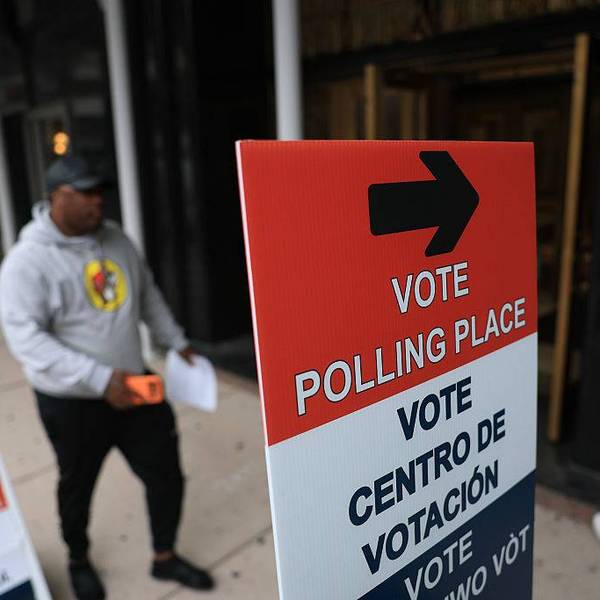"You should definitely postpone your book launch in Jerusalem," warned a close friend who felt that the planned event for launching my recently published book on the Palestinian-led movement for boycott, divestment, and sanctions (BDS) against Israel. He warned it might be too risky in light of the recently passed Israel law that effectively bans support for the thriving boycott movement. At the packed bookshop-cafe in occupied East Jerusalem last Thursday, however, the engaged and Italian-coffee scented atmosphere was almost jubilant, as if declaring a collective defiance of Israel's latest draconian measure.
Much controversy has arisen since the Israeli parliament passed legislation that would effectively criminalise support for any boycott against Israel or its institutions, under threat of heavy penalties and worse, without the need to prove "guilt". Dozens of Israeli civil society organisations and leading legal scholars, including many opposing the boycott, have resolutely opposed this exceptionally authoritarian law on diverse grounds, ranging from the most principled to the downright pragmatic.
Palestinian perspective
Missing in most of the debate is the Palestinian perspective, which is undoubtedly most relevant given that this law was entirely motivated by the spectacular growth in recent years of the global boycott, divestment and sanctions (BDS) movement against Israel, which was launched in 2005 and is led by the largest coalition of Palestinian civil society parties, unions, and NGOs: the Boycott National Committee (BNC).
While expressing alarm at this latest repressive attempt by Israel to crush Palestinian peaceful resistance and support for it among conscientious Israelis, a BNC statementconveyed confidence that this law will bolster the spread of BDS even faster among liberal communities the world over. Hind Awwad, coordinator with the BNC, reacted: "This new legislation, which violates international law, is testament to the success of the rapidly growing global BDS movement and a realisation within political elites inside Israel that the state is becoming a world pariah in the way that South Africa once was."
Eilat Maoz, coordinator of the Coalition of Women for Peace, a leading Israeli feminist alliance that endorses BDS, was quoted in Maariv (Hebrew) saying: "An illegitimate government passes an illegitimate law to protect an illegitimate occupation, while complaining about de-legitimisation. We will continue boycotting, protesting, demonstrating and resisting the occupation - and we call on everyone else to do so."
The Palestinian BDS leadership stood by its Israeli partners saying: "We stand in solidarity with all principled Israeli citizens and organisations who are the primary target of this law, and who may be fined and even imprisoned for exercising their fundamental right to speak out and act non-violently in order to bring their state into compliance with international law."
International condemnation
Amnesty Internationalcondemned the new Israeli bill, saying it "will have a chilling effect on freedom of expression". Members of the European Parliament raised similar concerns, while the EU itself, typically submissive to Israeli-US interests, expressed alarm at the law's implications on basic rights. Even a New York Times editorial slammed it as undemocratic. All this will further aggravate Israel's already low standing in international public opinion.
It is as if Israel has pushed the Fast-Forward button in the process of digging the grave for its own occupation and apartheid policies.
Read the rest here.



